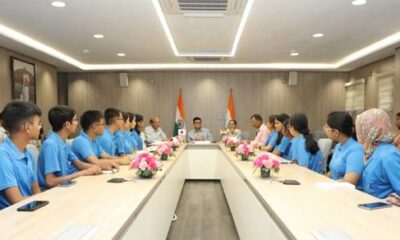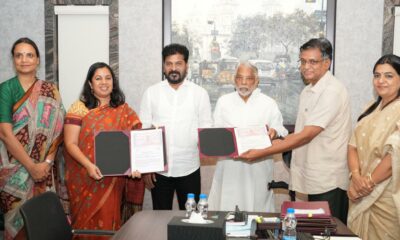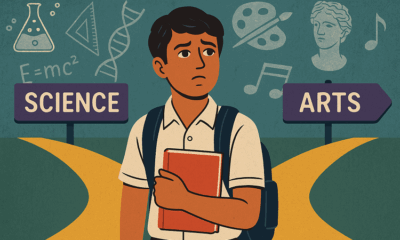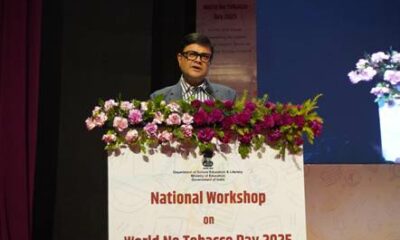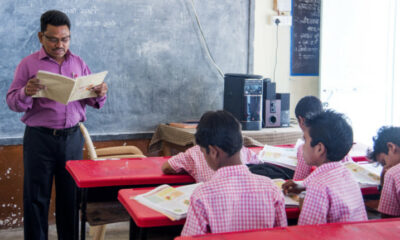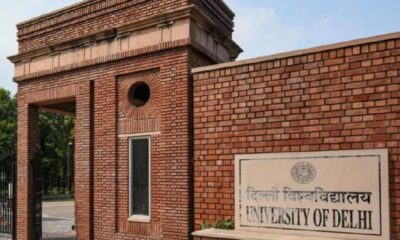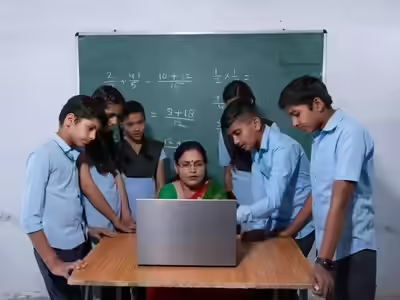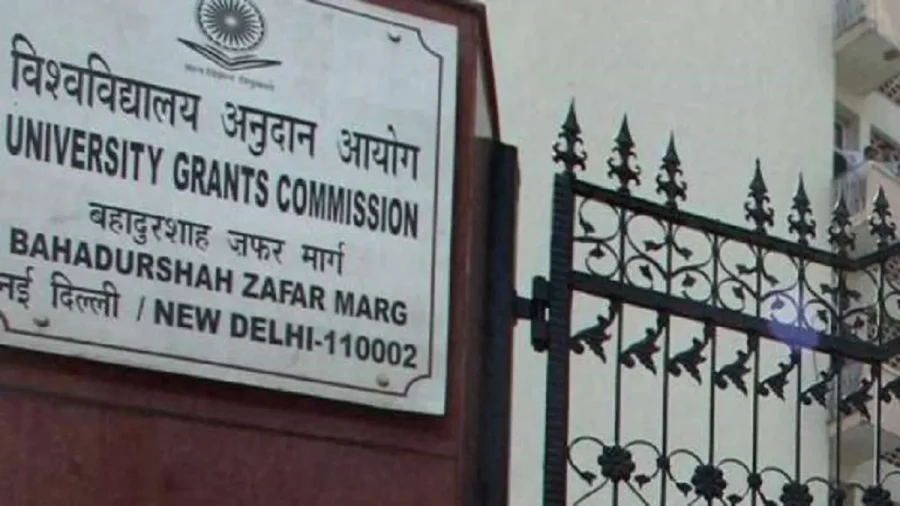Internet is called big because it has all the books on it.
These are the words of Jaya, a teen girl living in Delhi, who thinks very differently of the internet. After all, it’s opened a new window to the outer world for her. In fact, her friend from school, Deepa, has a similar experience to share. The girls go to a local govt. school that is enriched with a SOLE (Self Organized Learning Environment) Lab, inspired by Professor Sugata Mitra’s philosophies.
SOLE is a program designed to support self-directed education (a model of learning with no teacher whatsoever) by Prof. Mitra, an education scientist, who coined this term back in 1999. The documentary The Open Window is inspired by his research and experiences based on his TED-sponsored project called ‘School in the Cloud’ – an approach that he developed following his maiden ‘Hole in the Wall’ experiments.

In ‘Hole in the Wall,’ the Professor made holes in the wall in the Kalkaji area of Delhi and placed computers in them. The placements were just three feet above the ground so that only children could access them with ease. He found it amusing that kids were browsing and downloading cartoon websites on their own.

Consequently, he learned that children are self-learners and they could do anything if the right equipment is handed over to them. This experiment gave rise to ‘School in the Cloud,’ which installs computer labs in schools in India and powers them with the internet, letting students learn without the help of an actual teacher.
Filmed over a course of three years, The Open Window was strategically released on 29th October 2020, commemorating 51 years of the internet’s birth. It focuses on the continued growth of the internet and its impact on the future of education in an Indian set-up.
The film’s protagonists Deepa and Jaya come from a low-income community in Delhi. The first time they’re introduced to the world of the internet at a School in the Cloud’s lab, their lives begin to change…for all the questions their families had no answer to until now could be found on a computer screen with just a click.
Their respective families have always lived in poor conditions, they are illiterate and know very less about the resources and rights destined for them. Unlike a lot of low-income families in India, the parents of these girls want their children to study and come out of the prison of poverty.

As the film progresses, we see the camera chasing the girls, tearing through the narrow lanes of their respective shanties. The crew also follows them to their School in the Cloud’s lab, where we see Ritu, lab’s Project Co-ordinator. Ritu has previously worked with Prof. Mitra and is now working diligently to make his dream of building a school in the cloud a reality.

“Children are born very inquisitive and intelligent. If you’ve technology and groups of children, just give them freedom. Then see what happens. It’s like swimming, you just go into it and there’s so much. Either you become a part of it or get overwhelmed by it,” says Ritu.
For Deepa and Jaya, the internet is like a literal window, bigger than what they’ve seen in their home or school. It takes them to new ideas and gifts them new perspectives. The facts unknown to them to date are now details in their notebooks that they’ve remembered by-heart. For example, currently, Deepa is learning all about Japan. She shows off a notebook to the camera with a world map pasted in it and calls it her first world tour. The pages are filled with a lot of information about Japan, like how far it’s from India, its currency, capital, musical heritage, anime, and the famous Sumo wrestling. She’s read it up on the internet. In fact, she’s taught her class teacher how the famous magnetic trains of Japan function.
The film, simultaneously, also serves as a reality. It subtly reveals the fate of many girls in several parts of India, of how they're not sent to school and instead get married off as soon as they hit puberty. So, just when Deepa is talking to Ritu about her dreams, her mother requests her to leave everything and make tea for her father who’s returned from work. In the meantime, the father tells Ritu how, amidst making the ends meet, he’s struggling to get his ambitious daughter a good tutor and a fresh pair of reading glasses to his younger son.

India may be raving about being one of the fastest-growing economies in the world, but the truth is the percentage of children NOT benefitting from education is also aggregating. The Digital Divide is such that a majority of the families here don’t even have access to a smartphone, forget a good internet connection.
So when Prof. Mitra asks What is the future of learning?, our answers must come keeping the reality of all the Deepas and Jayas in mind.

Jaya’s family has seven members and when her father passed away, her mother took charge of the children’s education. She often takes up meagre jobs in order to feed her kids and save some money for their everyday schooling. “Children sometimes don’t understand the kind of efforts a parent makes. I have witnessed all kinds of days, sometimes I don’t eat in the evening so I can save some money. Hence, when my kids score low marks in exams, I feel sad,” she says with teary eyes.

13-year-old Jaya, who’s hoping to change the fate of her close-knit family, relies majorly on the School in the Cloud lab to educate herself on topics which are usually not included in her course books. “I enjoy going to the lab and searching for all the answers I’m looking for. The internet never tells me “Stop, I’m fed up,’” she shares.
Prof. Mitra says there are two skills that are very important in the 21st century. Reading comprehension and internet skills. Once you’ve achieved them, there’s no stopping. Professor strongly believes that access to the internet can help kids read efficiently at a young age. “Learners learn best if they want to.”
His observation seems accurate as Ritu shares the evolution of Deepa and Jaya who are no more shy and timid. They’ve grown into more expressive, confident and communicative individuals.
“I see Constructivism – children are constructing their learning environment. And in the process, not only are they picking up academically, but non-academic skills as well. For example, values like being honest, truthful, being able to regulate their behaviour, motivating others, sharing, team-building, etc.,” informs a happy Ritu.

According to the SOLE team (responsible for School in the Cloud labs), the absence of teachers in a classroom is a no big deal, all it may need is a coordinator to maintain the decorum. If there’s no hand-holding, the internet can easily come to the rescue of students, replacing teachers’ knowledge with an internet connection. As much as it may sound alarming, it’s the truth. It’s the future. Prof Mitra declares, “Schools are already obsolete. The education system is not broken, it’s, in fact, wonderfully constructed. However, it’s just that we don’t need it anymore.”

As the film reaches its end, Deepa and Jaya have already passed grade 8 and the funding for the School in the Cloud also ends in their govt. school. Sadly, their school’s principal doesn’t wish to continue the SOLE lab anymore. This means the girls and their friends will no longer be able to access a huge database of knowledge. And if this continues, Prof. Mitra is afraid where these girls are going to go. “Because our society is structured in a way, unfortunately, that will try to make a maid out of Jaya more than anything else. Because that’s her destiny,” he speaks with a heavy heart.
Professor continues, “Almost everyone in India has a device, almost everybody is connected. Given the fact that there are 1.2 billion people in India, it’s not really a question of what the internet will do to India, it’s more a question of what India will do to the internet.”
According to Deepa, internet, television, newspapers are those little windows that open a new world to less-privileged kids like her. While living inside the temporary, tarnished walls of her small house, Deepa wishes to break the stern bars of pedagogical limitation one day, which is dividing India based on one’s financial status and caste.

“In India, the family is the whole world of a girl. But she gets a new world through the internet. A girl can learn anything, a girl can do anything with that knowledge…” are Deepa’s last few words at the end of the film.

The Open Window film emerged as a part of a multi-year research and film project exploring the growth of the internet in India. Over the course of three years, the team of filmmakers and philosophers spent many months travelling across India, exploring stories and insights surrounding the country’s on-going internet revolution – as hundreds of millions of new internet users came online for the first time.
The Open Window is the second film in a trilogy exploring the collaborative culture in the internet age. The first film Collaboration premiered in 2014 and is available to view at collaborativesociety.org. The third film in the trilogy, Medicine For All (working title), explores Open Source Pharma – a global movement of scientists, lawyers, and technologists working to develop new cures for Tuberculosis and other neglected diseases through collaborative, “open-source” approaches to scientific research. For more info on the Collaboratorium, visit the website https://www.collaboratorium.net/
You can watch The Open Window here http://openwindow.cc/, free for public viewing.
Producer & Director: Will Sloan, Daniel Oxenhandler and Alfred Birkegaard
Editor: Tim Kaminsk
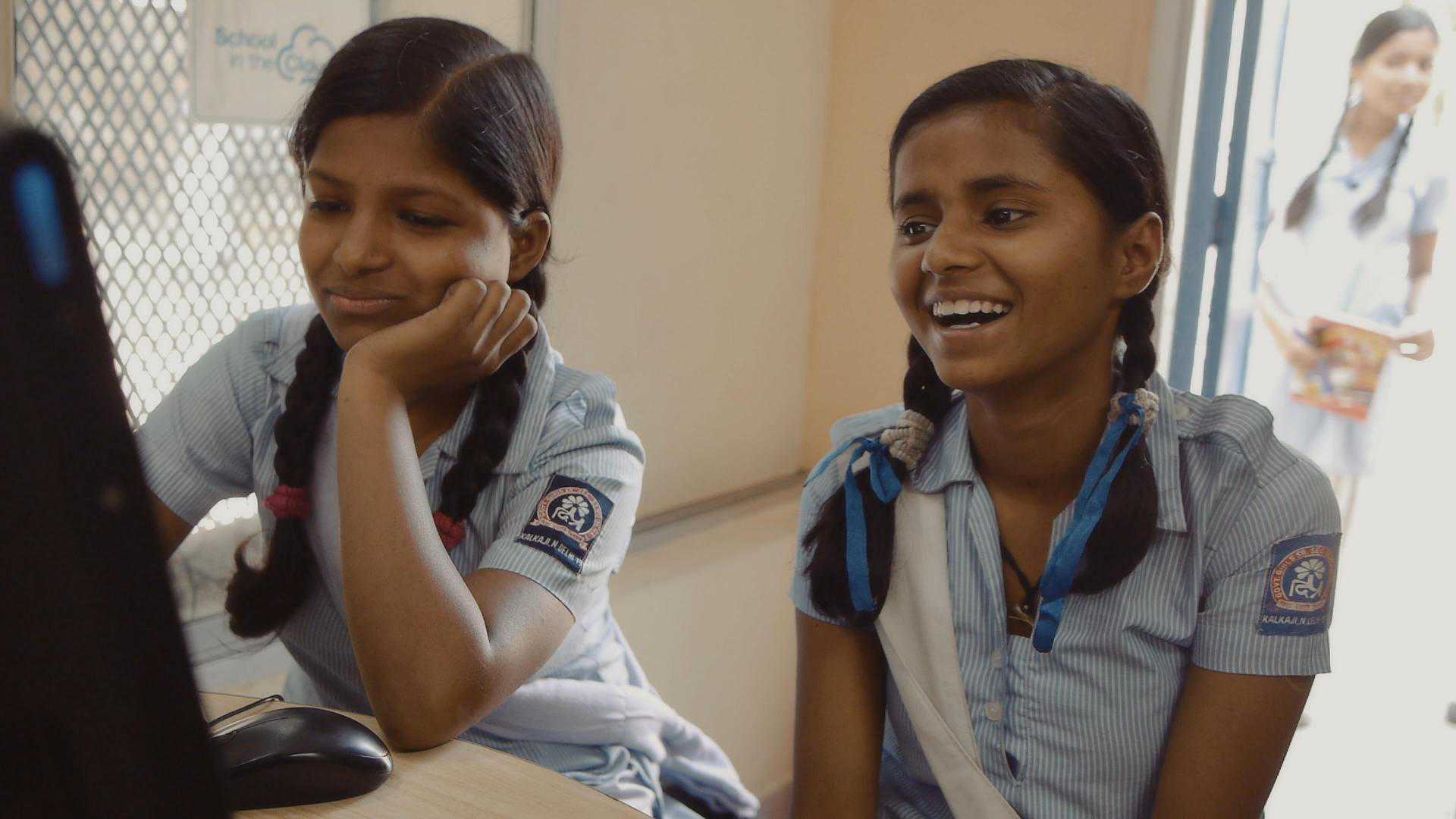
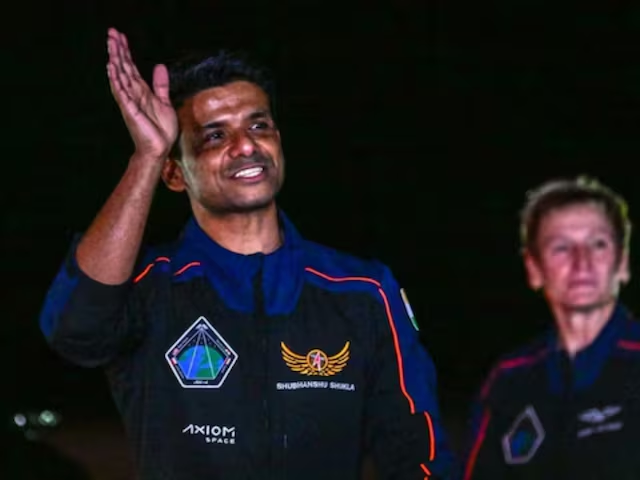

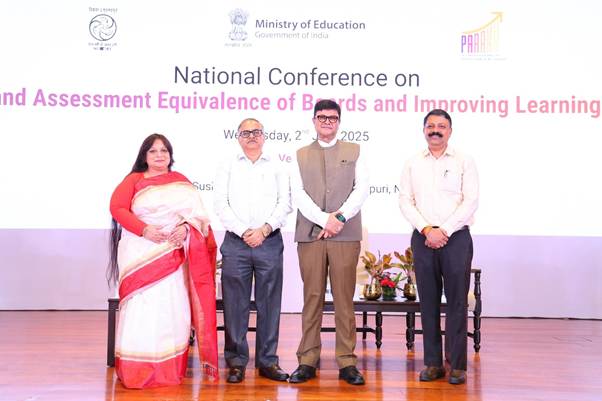
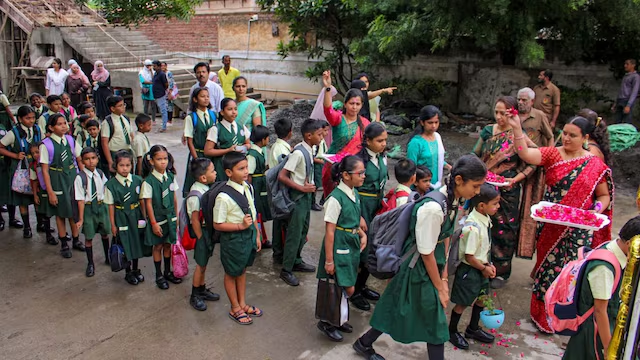
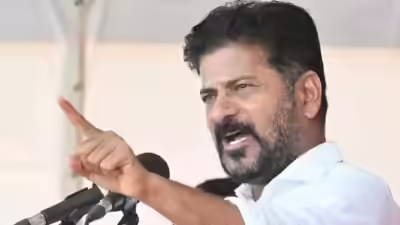
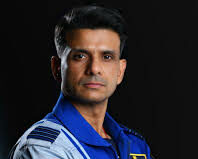

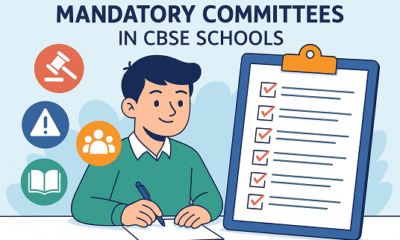
 Education3 months ago
Education3 months ago
 Education2 months ago
Education2 months ago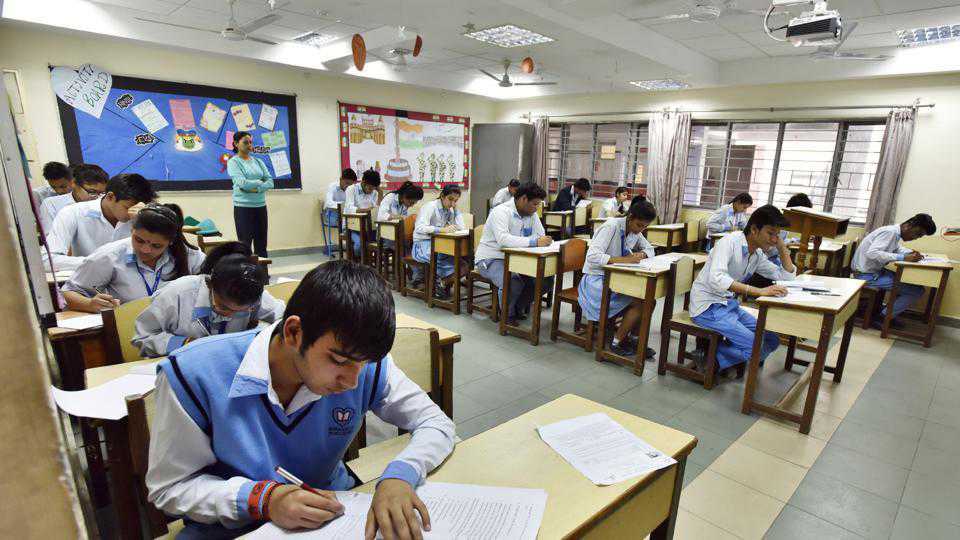
 News3 months ago
News3 months ago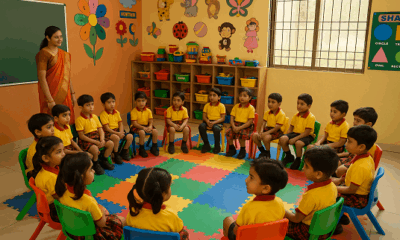
 Education2 months ago
Education2 months ago
 Education3 months ago
Education3 months ago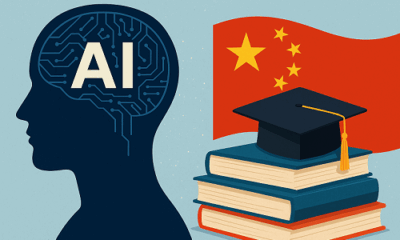
 Education3 months ago
Education3 months ago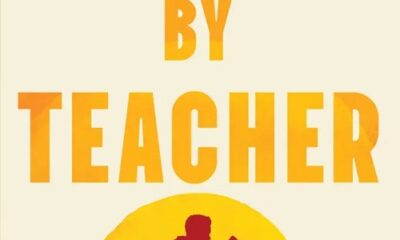
 Education2 months ago
Education2 months ago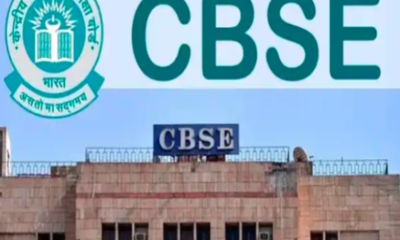
 Education3 months ago
Education3 months ago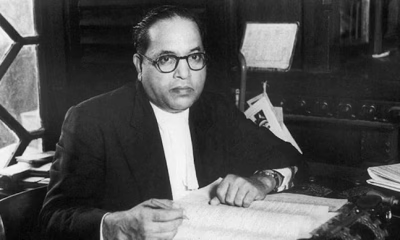
 Education3 months ago
Education3 months ago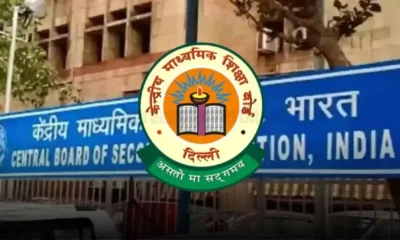
 Education3 months ago
Education3 months ago


















